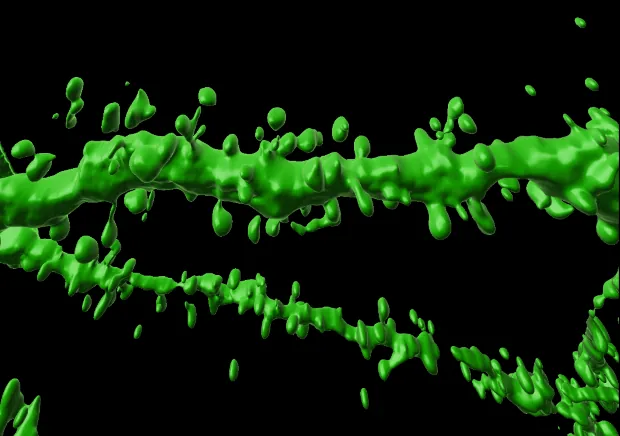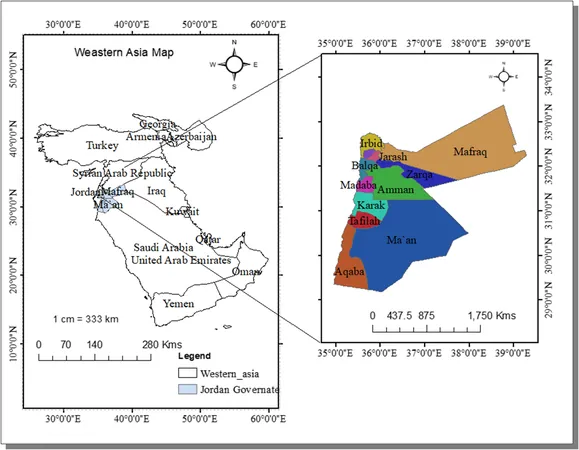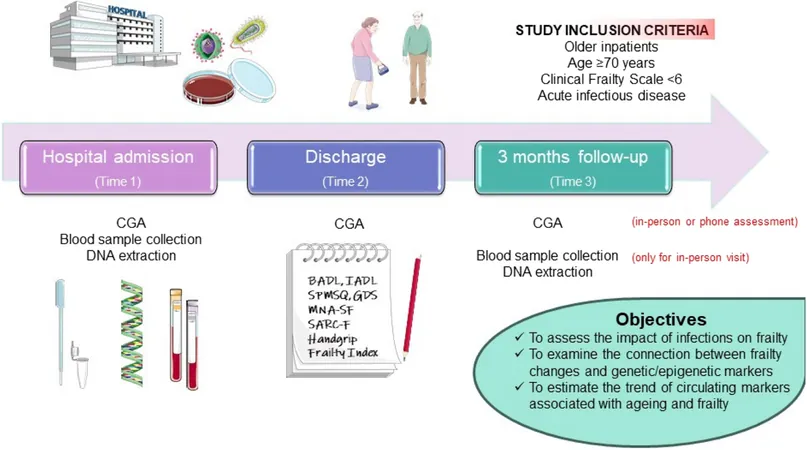
Unlocking the Secrets of Memory: New Lipid Pathway Revealed!
2025-06-25
Author: Sarah
Exciting news from the University of Queensland! Researchers have uncovered a groundbreaking lipid-based pathway crucial for memory formation—an advancement that could pave the way for innovative treatments for post-traumatic stress disorder (PTSD).
Led by Professor Frédéric Meunier at UQ's Queensland Brain Institute, the team discovered that a saturated fat known as myristic acid is released by an enzyme called DDHD2. This fatty acid plays a vital role in chemically "tagging" proteins at the sites where neurons connect and communicate.
"From our previous research, we understand that myristic acid is essential for making memories stick," Professor Meunier stated confidently. In this new study, he elaborated, "myristic acid hooks onto proteins and changes their connection with membranes, driving the process of memory formation."
The team’s findings are striking: inhibiting this fat-signaling pathway in mice blocked critical protein changes necessary for memory formation, suggesting that this process is essential to the learning mechanism.
Professor Meunier noted, "This discovery suggests we may have a method to temporarily interfere with how the brain stores memories." This revelation brings hope but also a cautionary note.
Statistics from the National Study of Mental Health and Wellbeing (2020-2022) indicate that approximately 11% of Australians will experience PTSD in their lifetime, underscoring the potential impact of this research.
Co-author Dr. Nathalie Dehorter emphasized the significance of the discovery, stating it offers a deeper understanding of brain plasticity and presents an exciting therapeutic target for addressing traumatic memory consolidation. However, she warned, "Any clinical applications are still a long way off, and we must consider the ethical implications of altering memory processes."
It’s worth noting that the brain, the body's fattiest organ, comprises about 60% fat—highlighting the essential role of fats in cognitive function. This study underscores just how vital these compounds are for our brain's health and performance.
Funding for this vital research came from the National Health and Medical Research Council (NHMRC) alongside the Clem Jones Centre for Ageing Dementia Research, and was supported by UQ’s Clinical Research Mass Spectrometry Facility and Biological Resources facility.





 Brasil (PT)
Brasil (PT)
 Canada (EN)
Canada (EN)
 Chile (ES)
Chile (ES)
 Česko (CS)
Česko (CS)
 대한민국 (KO)
대한민국 (KO)
 España (ES)
España (ES)
 France (FR)
France (FR)
 Hong Kong (EN)
Hong Kong (EN)
 Italia (IT)
Italia (IT)
 日本 (JA)
日本 (JA)
 Magyarország (HU)
Magyarország (HU)
 Norge (NO)
Norge (NO)
 Polska (PL)
Polska (PL)
 Schweiz (DE)
Schweiz (DE)
 Singapore (EN)
Singapore (EN)
 Sverige (SV)
Sverige (SV)
 Suomi (FI)
Suomi (FI)
 Türkiye (TR)
Türkiye (TR)
 الإمارات العربية المتحدة (AR)
الإمارات العربية المتحدة (AR)